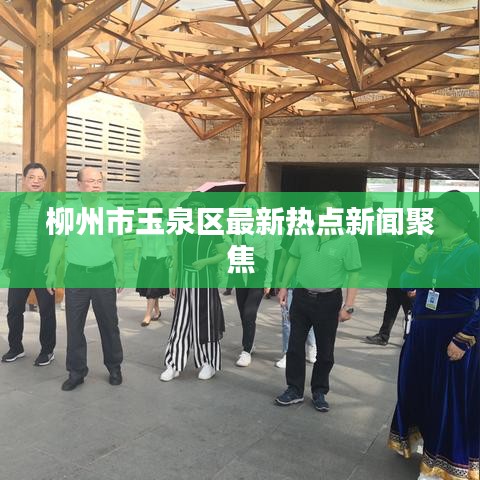Introduction to Exclusive Distributor
The term "exclusive distributor" is a crucial concept in the business world, particularly in the realm of international trade and distribution. It refers to a specific type of business arrangement where a company grants a single distributor the rights to sell its products or services within a designated territory. This article delves into the definition, importance, and various aspects of exclusive distributors, using the English language to explore this unique business relationship.
Definition of Exclusive Distributor
An exclusive distributor is an intermediary that is granted the sole right to market and sell a manufacturer's products in a particular geographic area. This exclusivity is a key feature of the arrangement, as it ensures that no other distributors within the same territory can sell the same products. The term "exclusive" implies that the distributor has a monopoly over the distribution of the products in their assigned market, which can be a significant advantage for both the manufacturer and the distributor.
Importance of Exclusive Distributors
The role of an exclusive distributor is vital for several reasons. Firstly, it helps manufacturers establish a strong presence in a new market by leveraging the expertise and network of the distributor. This can be particularly beneficial when entering a market with complex distribution channels or where local knowledge is crucial for success. Secondly, exclusive distributors often invest in marketing, sales, and customer service, which can enhance the brand's image and customer satisfaction. Lastly, the exclusivity aspect of the agreement can encourage the distributor to focus on the long-term success of the products, as they have a vested interest in the market's growth.
How Exclusive Distributors Work
The relationship between a manufacturer and an exclusive distributor is established through a formal agreement. This agreement outlines the terms and conditions of the distribution rights, including the duration of the exclusivity, the scope of products covered, and the responsibilities of both parties. The distributor is typically responsible for selling the products within the agreed-upon territory, while the manufacturer provides support in areas such as product development, marketing materials, and technical assistance. The exclusive distributor may also be required to invest in inventory, storage facilities, and sales staff to effectively manage the distribution process. In some cases, the manufacturer may provide training and incentives to the distributor to ensure they are equipped to handle the products and meet sales targets.
Benefits for Manufacturers
For manufacturers, partnering with an exclusive distributor offers several benefits. Firstly, it allows them to enter new markets with minimal risk and investment, as the distributor bears the initial costs and responsibilities. Secondly, an exclusive distributor can help mitigate the challenges of navigating complex local regulations and customs, which can be a significant barrier for foreign manufacturers. Lastly, the exclusivity agreement ensures that the manufacturer's products are not diluted by competition from other distributors, maintaining the brand's integrity and market position.
Benefits for Distributors
On the other hand, exclusive distributors benefit from having a stable and reliable source of products to sell. The exclusivity aspect of the agreement provides them with a competitive edge in the market, as they can offer unique products that are not available through other channels. Additionally, the long-term nature of the agreement can provide financial stability and the opportunity for growth, as the distributor can focus on building a loyal customer base and expanding their market presence.
Challenges and Considerations
Despite the advantages, there are challenges and considerations to keep in mind when entering into an exclusive distributor agreement. For manufacturers, the risk of selecting the wrong distributor or having a distributor that fails to meet expectations can be significant. It is crucial to conduct thorough due diligence before entering into an agreement, including evaluating the distributor's reputation, market reach, and sales capabilities. For distributors, the exclusivity can sometimes limit their ability to diversify their product offerings, which can be risky if the manufacturer's products fail to gain traction in the market. Additionally, the agreement may require the distributor to invest heavily in the initial stages, which can be a financial burden if sales do not meet expectations.
Conclusion
The term "exclusive distributor" plays a pivotal role in the global business landscape, facilitating the entry of manufacturers into new markets and providing distributors with a competitive advantage. By understanding the definition, importance, and intricacies of this business relationship, both manufacturers and distributors can create mutually beneficial partnerships that drive growth and success. As the global market continues to evolve, the role of exclusive distributors will remain a critical component in the distribution of goods and services worldwide.
转载请注明来自河南省豫芊香食品有限公司,本文标题:《独家代理商英文单词:独家代理协议中英文模板 》










 豫ICP备2020036209号-1
豫ICP备2020036209号-1
还没有评论,来说两句吧...